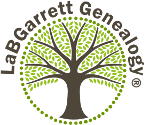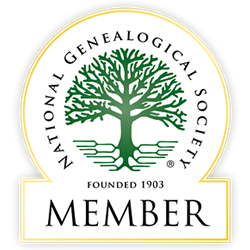
Researching Enslaved African Americans in the Antebellum Period
In course Lives in Context, SLIG Virtual 2026 Lectures Include: Historical Background, 10:30-11:45 Genealogy standards for researching contemplate the consideration of historical context, a factor that has heightened significance when researching enslaved ancestors due to the dearth of direct evidence of relationships or identities. The first lecture in this session will provide an overview of historical developments that resulted in the creation of records of particular relevance to those of African descent with roots in the antebellum period. Strategies for Using The Records of Slavery, 12:15-1:30 In addition to highlighting selected records of particular use to those of African descent with roots in the antebellum period, this session will cover strategies for researching in this area and the utility of these records. DNA Basics, 3:00-4:15 Reasonably exhaustive research in non-genetic sources is necessary to obtain enough documentary evidence to run meaningful DNA tests that could reveal conflicting or supporting evidence. This session will review decision points involved in planning DNA tests and integrating the results into a proof argument regarding enslaved ancestors. Parents for Isaac Garrett : A Case Study, 4:45-6:00 The Isaac Garrett Case Study (“Parents for Isaac Garrett of Laurens County, South Carolina: DNA Corroborates Oral Tradition,” National Genealogical Society Quarterly 108 (June 2020): 85-112) won the NGSQ Award for excellence in 2021. This session will set forth
;









